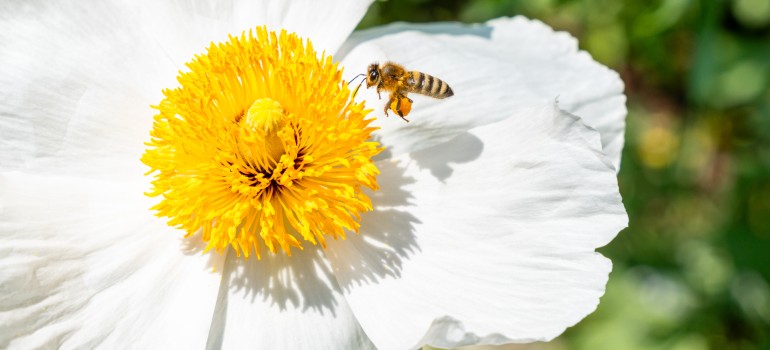
The extinction of bees poses a profound threat to global ecosystems and human well-being. As pivotal pollinators, bees play a critical role in maintaining biodiversity and supporting agricultural productivity.
Globally, including in the UK, bee populations are declining alarmingly, threatening our ecosystems and food systems. Bee extinction threatens not only biodiversity but also food security, as these pollinators fertilise many of the crops we eat.
Table of Contents
Why are bees dying today?
Currently, bees are dying because of climate breakdown and habitat loss. Changing seasons disrupt flowering times and the availability of food, shelter, and bee nesting sites. Climate change also causes droughts, heavy rains, and flooding. The number of bees and pollinating insects is declining.
As rural areas become urban, weeds and flowers, which bees rely on for food, are stripped from the patches of green space that remain. In the UK, bee populations are in severe decline due to habitat loss, pollution, and global warming.
What is the biggest threat to bees in the UK?
The biggest threat to bees in the UK is the widespread use of pesticides, particularly neonicotinoids. These chemicals, commonly used in agriculture, are highly toxic to bees. They impair the bees’ ability to navigate, forage, and reproduce, often leading to the collapse of entire colonies. In addition to pesticide exposure, other significant threats include habitat loss due to urbanisation and intensive farming practices. These combined factors pose a severe risk to the UK’s bee populations.
Agriculture and honeybees
Many people associate bees with painful, potentially dangerous stings. Honeybees are essential to keeping our ecosystem healthy. As we mentioned, one out of three bites of food comes from a bee-pollinated plant. No bees equals no pollination, which means no fruits or vegetables.
The irony is bees aren’t out there pollinating our food intentionally. They are out there because they, like any other animal, need to feed. Bees get all the protein they need from pollen and all the carbs from nectar. They’re flower feeders. As they move from flower to flower, they end up providing that vital pollination serum.
How to save bees from dying
Every individual can play a part in saving bees in the UK. You can take action today and help make our world a healthier place for bees. Here are things that you can do to save our bees:
- Planting bee-friendly flowers – especially ones native to your area – helps feed bees and other valuable pollinators. Native plants also often require less water and fertiliser than non-native plants. You will be doing a huge favour to native species of bees who have adapted over thousands of years to feed off these plants.
- Start a honeybee hive – You can directly impact the health of your local ecosystem by starting a honeybee hive. Plus, you get the added benefits of bee products such as honey, and beeswax, as well as the satisfaction and joy derived from working with the hive.
- Reduce pesticide use – Avoid using harmful pesticides in your garden. Instead, opt for natural ways to deter bees if they bother you, such as neem oil or insecticidal soap. By reducing pesticide use, you help create a safer environment for bees.
- Support your local beekeeper – Purchasing honey and other products from local beekeepers supports sustainable beekeeping practices, which are vital for bee conservation. Many beekeepers also offer educational workshops on how to protect bees, providing valuable knowledge to the community.
- Provide Bee Habitats – Create bee-friendly habitats by leaving areas of your garden wild or by installing bee hotels, which provide a safe place for solitary bees to nest. You can also create water sources for bees by filling shallow dishes with water and pebbles, allowing them to drink without drowning.
Why are honey bees becoming extinct?
In the USA, bees have been declining since 1945, when the number of managed colonies was 4.5 million. In 2007 that number shrunk to 2 million. After WWII, all farming practices drastically changed. There are many reasons for that.
- We stopped planting cover crops which are natural fertiliser that fixes nitrogen into the soil. Instead, we started to use synthetic fertilisers.
- Clover and alfalfa are highly nutritious plants for bees after WWII, we started using urbacides to kill off the weeds in farms.
- Monocultures. Many of these weeds are flowering plants, which bees require for their survival. We are growing larger crop monocultures.
- This is what you call a food desert. Places in our city, neighbourhoods that have no grocery stores. The farms that used to sustain bees are now agricultural food deserts dominated by one or two species like corn and soybeans.
What would happen if bees went extinct?
Bee extinction would have a profound impact on the environment and human life. Bees pollinate a wide range of plants, including many of the crops we eat. The reproduction of these plants would decline without bees, resulting in reduced crop yields and potential shortages of food. This would also affect the animals that rely on these plants for food, causing disruptions throughout the food chain.
The extinction of bees would severely harm biodiversity as well as food production. Without bees, many wild plants would not be pollinated, resulting in a less diverse and resilient ecosystem. There would also be a ripple effect of habitat loss and extinction for numerous other organisms as a result of the decline in plant species. A loss of bees would undermine global food security and destabilise ecosystems.
Check also: How do You Remove Bees from Your House & Differences Between Wasps, Bees and Hornets
Final thoughts
The extinction of bees poses a serious threat to our environment and food systems, as they pollinate many plants, including vital crops. Without bees, ecosystems would struggle to maintain biodiversity, and food production would decline significantly, resulting in widespread consequences for humans and animals. Protecting and preserving bee populations requires sustainable practices, raising awareness, and reducing harmful impacts such as pesticide use and habitat destruction. Together, we can ensure a thriving future for bees and their ecosystems.
Image source: Daniel Avram / Shutterstock.com
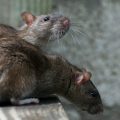
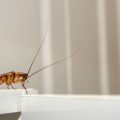


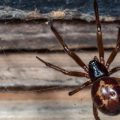
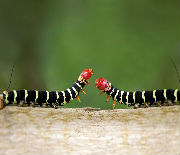
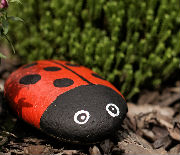
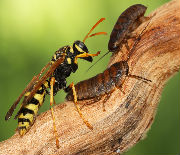
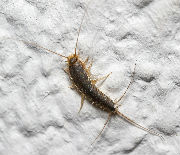
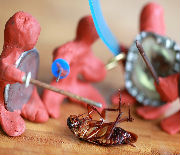
Leave a Reply